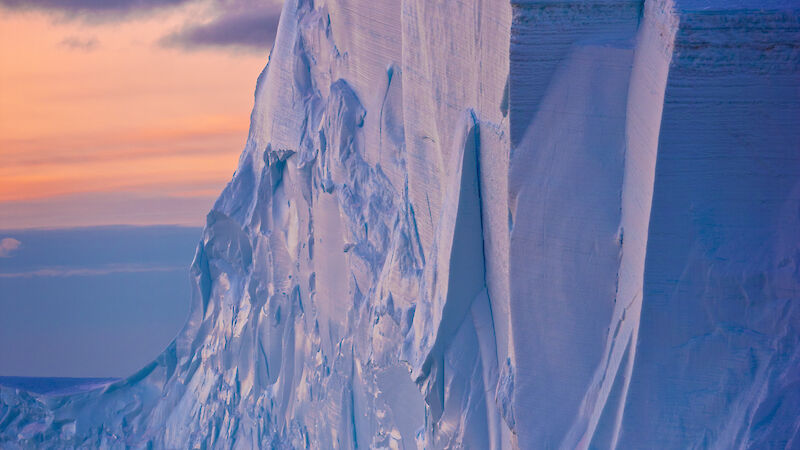Ensuring the effective and sustainable management of krill fisheries in the Southern Ocean is one of Australia’s top priorities for the 34th annual meeting of the Commission for the Conservation of Antarctic Marine Living Resources (CCAMLR), starting in Hobart today.
Director of the Australian Antarctic Division, Dr Nick Gales, will lead Australia’s delegation as Commissioner and will be joined by representatives from 23 nations and the European Union for the 10-day meeting.
Dr Gales said Australia will continue to promote the orderly and precautionary development of the krill fishery.
“Krill are a cornerstone of the Antarctic ecosystem and the staple diet of many animals, including seals, whales, fish, squid, penguins and other seabirds,” Dr Gales said.
“While current harvests are well below the total allowable catch set by CCAMLR, demands on the fishery are expanding as krill is increasingly recognised as a valuable resource in medical products and supplements, and as fish meal.”
“The krill management system is still under development and Australia is working closely with all CCAMLR nations to ensure larger predators can continue to rely on krill as their main food source.”
Dr Gales said Australia has played a leading role in the development of sustainable fisheries and is well recognised for its expertise in krill research and management.
Ensuring the impacts of climate change are factored in to CCAMLR management decisions will also be an Australian priority.
“Australia will be joined by Norway in proposing the establishment of a climate change focused group to provide information, advice and recommendations on how best to integrate climate change considerations into the work of the Commission.”
“This follows a symposium hosted by Australia, Chile and the United States earlier this year at which the impact of climate change on Antarctic marine living resources was a key topic of discussion.”
Australia will continue its efforts to establish a system of marine protected areas in East Antarctica.
“Alongside France and the European Union, Australia will be seeking agreement to a system of marine protected areas (MPAs), totalling approximately one million square kilometres,” Dr Gales said.
“The proposed MPAs seek to conserve examples of the region’s biodiversity, and would offer important reference areas that will help us to monitor and understand the effects of fishing outside the MPAs, as well as the consequences of climate change on Antarctic and Southern Ocean ecosystems.”
The proposal provides for managing multiple uses, including fishing.

